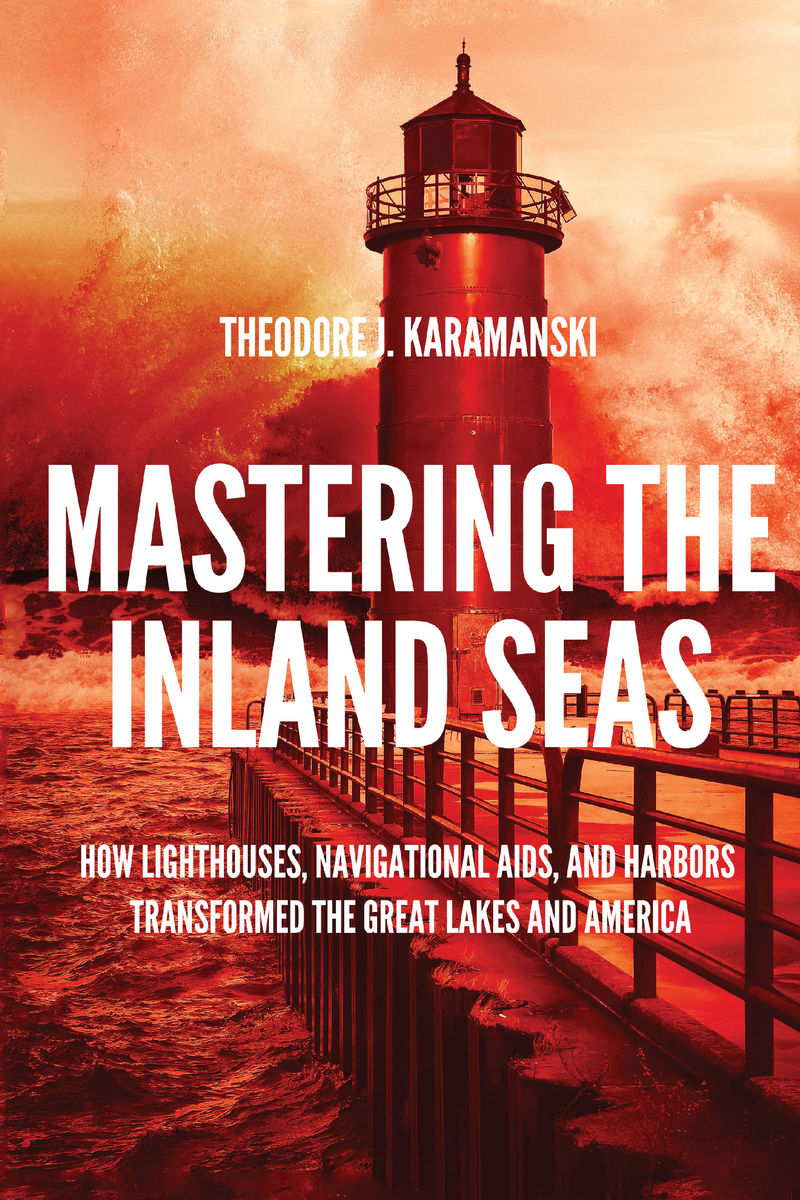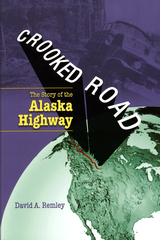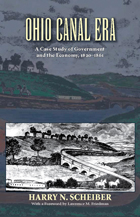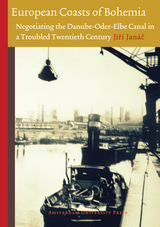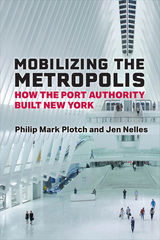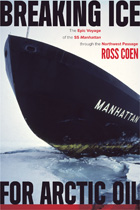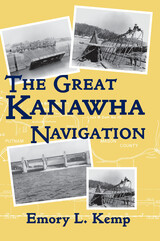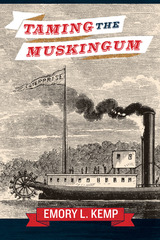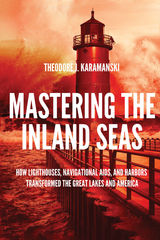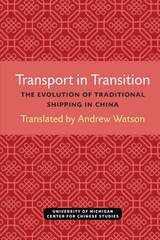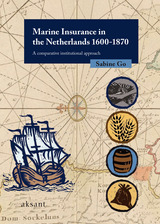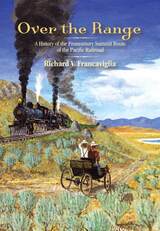Mastering the Inland Seas: How Lighthouses, Navigational Aids, and Harbors Transformed the Great Lakes and America
University of Wisconsin Press, 2020
Cloth: 978-0-299-32630-2 | eISBN: 978-0-299-32633-3
Library of Congress Classification HE631.G74K37 2020
Dewey Decimal Classification 386.850977
Cloth: 978-0-299-32630-2 | eISBN: 978-0-299-32633-3
Library of Congress Classification HE631.G74K37 2020
Dewey Decimal Classification 386.850977
ABOUT THIS BOOK | AUTHOR BIOGRAPHY | REVIEWS | TOC | REQUEST ACCESSIBLE FILE
ABOUT THIS BOOK
Theodore J. Karamanski's sweeping maritime history demonstrates the far-ranging impact that the tools and infrastructure developed for navigating the Great Lakes had on the national economies, politics, and environment of continental North America. Synthesizing popular as well as original historical scholarship, Karamanski weaves a colorful narrative illustrating how disparate private and government interests transformed these vast and dangerous waters into the largest inland water transportation system in the world.
Karamanski explores both the navigational and sailing tools of First Nations peoples and the dismissive and foolhardy attitude of early European maritime sailors. He investigates the role played by commercial boats in the Underground Railroad, as well as how the federal development of crucial navigational resources exacerbated sectionalism in the antebellum United States. Ultimately Mastering the Inland Sea shows the undeniable environmental impact of technologies used by the modern commercial maritime industry. This expansive story illuminates the symbiotic relationship between infrastructure investment in the region's interconnected waterways and North America's lasting economic and political development.
Karamanski explores both the navigational and sailing tools of First Nations peoples and the dismissive and foolhardy attitude of early European maritime sailors. He investigates the role played by commercial boats in the Underground Railroad, as well as how the federal development of crucial navigational resources exacerbated sectionalism in the antebellum United States. Ultimately Mastering the Inland Sea shows the undeniable environmental impact of technologies used by the modern commercial maritime industry. This expansive story illuminates the symbiotic relationship between infrastructure investment in the region's interconnected waterways and North America's lasting economic and political development.
See other books on: Great Lakes (North America) | Great Lakes Region (North America) | Inland navigation | Maritime History & Piracy | Navigation
See other titles from University of Wisconsin Press
